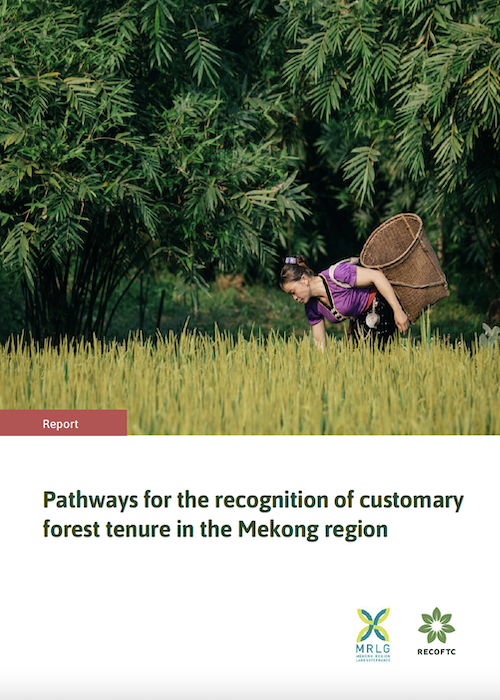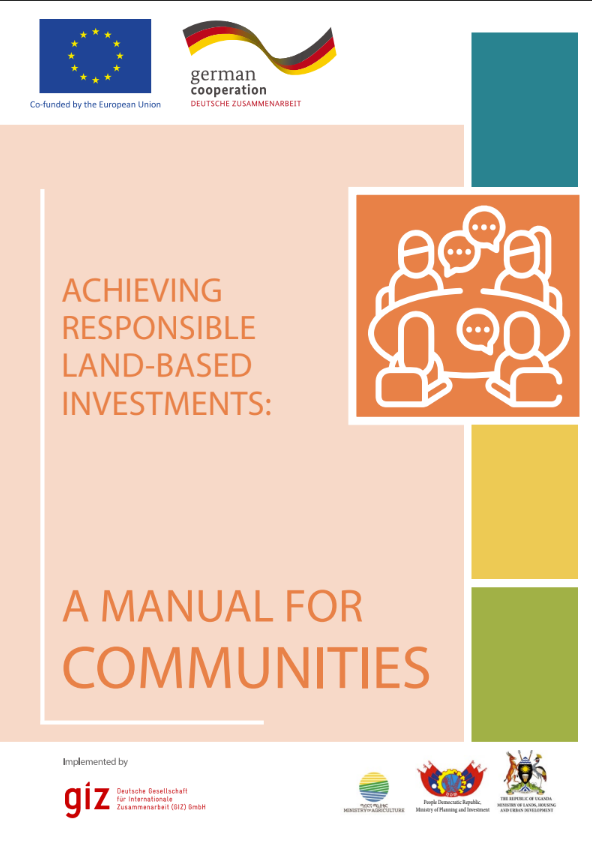Locally led climate action for sustainable community resilience
Locally led climate action has emerged as a critical approach to address the challenges posed by climate change at the grassroots level. As the impacts of climate change intensify, communities around the world face a wide range of vulnerabilities such as extreme weather events, water scarcity, rising sea levels, and disruptions to lives and livelihoods. In this context, locally led climate action emphasizes the importance of empowering local communities to take ownership of their adaptation strategies.




